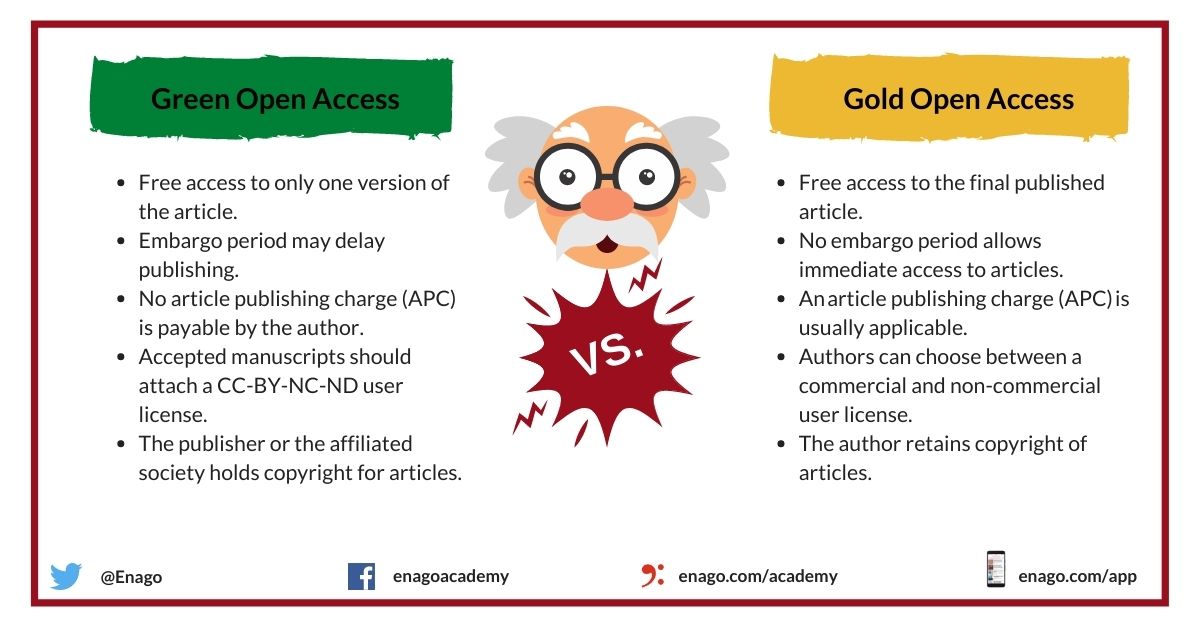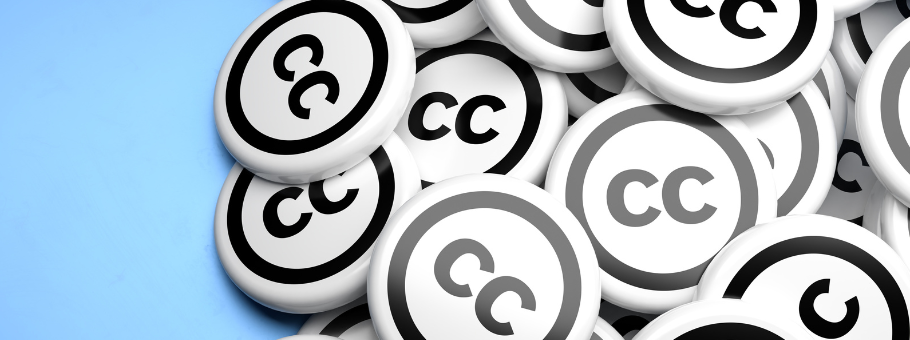What Is Green Open Access Publishing? – An Overview on Its Pros and Cons!

Open Access (OA) has revolutionized scholarly publishing. It builds on the objective of unrestrained knowledge sharing. Fundamentally, OA is when publications are freely available online to all, at all times, and without paid subscription. This form of unrestricted distribution of research knowledge is especially important for authors, readers, and funders. The two routes to open access are: Gold Open Access and Green Open Access.
In this article, we will discuss Green Open Access publishing and highlight its pros and cons.
What is Green Open Access?
Also known as self-archiving, Green OA refers to uploading a version of an author’s manuscript into an institutional repository and making it freely accessible for everyone. However, since this version of article is made openly accessible to all either before or after peer-reviewing is known as preprint or post-print, respectively. Unlike Gold OA, the publisher or the affiliated society holds copyright for these articles.
Every OA journal or publisher formulates individual self-archiving policies to determine the terms and conditions for which article version must be used and made openly accessible in the repository. This period of determining the article and uploading it on the institutional repository is also known as an embargo period.
Publishing platforms such as IOP Publishing, Springer Nature, Elsevier, etc. are some of the Green Open Access examples.
Difference between Gold Open Access and Green Open Access
While both Green Open Access and Gold Open Access are two routes of providing open science to all, they are different in many ways.
Gold Open Access is making the final published version of your article permanently and freely available online for all. On the other hand, Green Open Access refers to self-archiving by author and placing a version of the manuscript into a repository, making it freely accessible for everyone.
The image below shows key differences between Green OA and Gold OA:
Pros of Green Open Access
- Publishing on Green Open Access platforms is free.
- Most publishers allow Green Open Access.
- It meets OA policy of most research funders if the embargo period is not too long.
- The author can choose a subscription-based journal for the article and make the article OA, simultaneously.
- The OA article will appear with a link to the full text, as Google Scholar indexes contents of institutional repositories.
Cons of Green Open Access
- The prolonged embargo times can lead to delayed publishing of topical research, which may not be relevant at that time.
- Since, the articles are self-archived, the authors must save and remember the file path of the saved post-print.
- The article in the repository may not reflect revisions immediately.
- Some journals and publishers have imposed several restrictions on self-archiving.
Final Thoughts
Green Open Access is the process of publishing the accepted manuscript without the publisher’s formatting, typeset, etc. Most publishers allow publishing of the final version and make it available for all following an embargo period of typically 12 months after the article is published in an issue of a journal. This process of disseminating research knowledge enriches literature, enables scientific progress, and empowers society at large. So did you ever plan on submitting your article to a preprint repository? How did you create a pre-print ready article? Which OA do you prefer — Green OA or Gold OA? Let us know in the comments section below!











